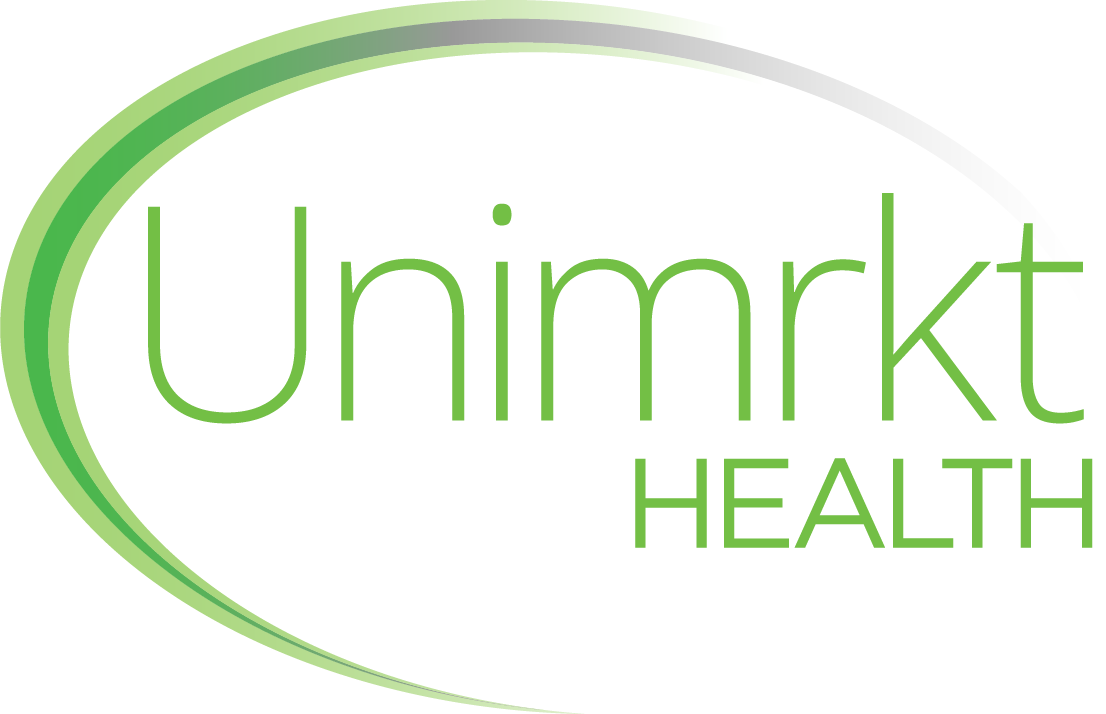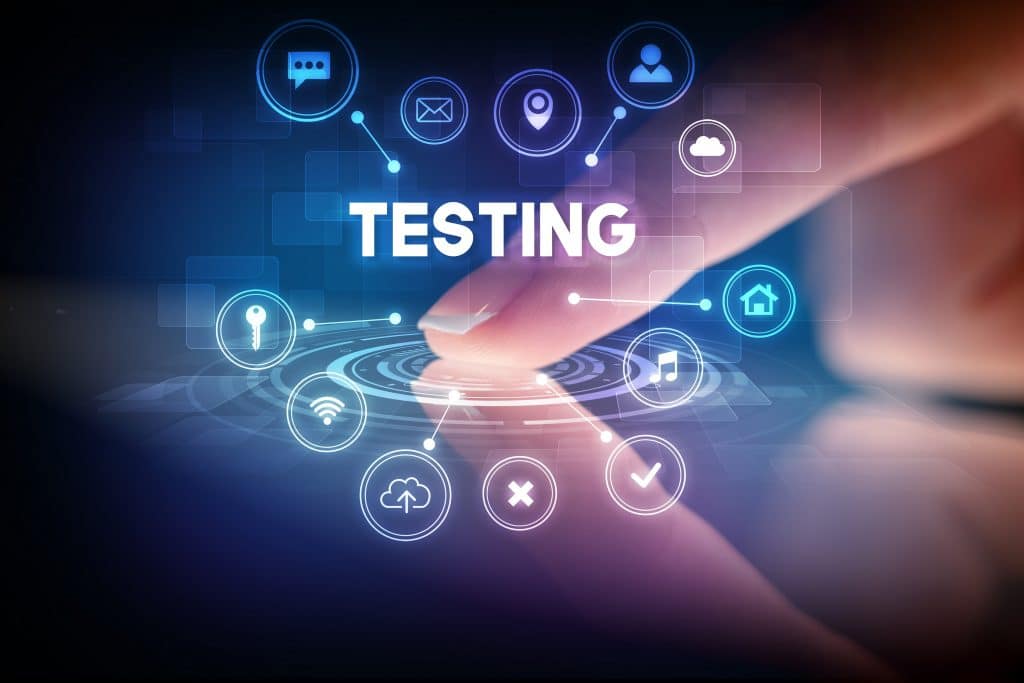Benefits and Challenges of Using Wearables in Clinical Trials and Market Research
- Unimrkt Healthcare » Blog » Benefits and Challenges of Using Wearables in Clinical Trials and Market Research
The introduction and mass adoption of wearable technology have significantly impacted the amount and quality of data available for clinical trials and healthcare market research. Just like any other technology, these devices’ effectiveness and quality can vary, however, their sensor technologies have advanced to satisfy the demands of several clinical research projects. Additionally, wearables enable the generation of longitudinal biometric data sets that can offer special insights into the long-term, in-depth effects of pharmaceutical therapies and therapeutic programs. Simultaneously, there are certain challenges associated with the use of wearables in clinical trials, including data validation, processing and analysis of enormous amounts of data, and data security. Irrespective of that, it is safe to assume that wearable tech deployment and utilization will prove to be a solid market research methodology. In this blog, we will discuss how the use of wearables in clinical trials and medical research can help your organization, as well as some of the challenges you can expect. Let’s get started.
Key Benefits of Wearable Technology in Clinical Trials and Market Research
Smartphone applications, chest straps, sports watches, patches, and other wearable monitoring devices like pulse oximeters are common examples of consumer healthcare wearables. These devices use smart and/or GPS technology to track users’ physical activity and collect vital health information like heart rate, respiration rate, blood oxygen saturation level, and body posture. The major benefits of using wearables as a part of your research methodology in health, include:
- Real-time data: Wearables are great tools for gathering fresh, unbiased data in a simple manner, while also reducing overall expenditures and enhancing the efficiency of the trials.
- High efficiency: The bulk of wearable tech-powered trials have demonstrated that using wearable devices increases efficacy by reducing the time spent at healthcare sites and the number of staff members required there.
- Effective decisions: As professionals have access to patient-health data before patients arrive at the clinic, they can make decisions early and notify the latter about potential health concerns more quickly than ever.
- Observational studies: Data aggregation from wearables offers numerous previously unattainable opportunities for larger observational studies. This could result in brand-new theories for prospective interventional studies that could be applied to enhance patient care by introducing novel protocols and therapies.
- Efficient patient phenotyping: The possibility exists for more detailed patient phenotyping, which would enhance the inclusion and exclusion criteria required to demonstrate efficacy and safety.
- Effective post-market research: The effectiveness of post-market research may also be improved when a wearable device is employed during numerous trial phases.
Challenges of Wearable Technology in Clinical Trials and Market Research
The rising use of wearable tech in clinical trials comes with massive benefits. However, at the same time, there are certain challenges that haunt healthcare industry players. Below, we highlight the main challenges of using wearable tech in market research and clinical trials:
- Data privacy and security: Organizations have to figure out how they can keep patient data secured.
- Data validation and accuracy: It has to be ensured that patients wear the device at all pertinent periods during the research phase without tampering with it or causing a hindrance.
- Ethical problems: Obtaining ownership and authorization of the patient data generated during the clinical trials. Organizations must be honest about how they intend to use this data.
- Supply chain abnormalities: Unexpected supply chain constraints may influence the delivery and maintenance of the devices, which makes it necessary to cooperate with suppliers who have the flexibility to adapt to rapidly changing conditions.
- Logistic issues: This includes the practical issues involved in a successful global rollout of unified mobile health technologies.
While clinical researchers must take into account how these difficulties may affect their choice of market research methodology in upcoming trials, a well-organized supply chain management system can greatly reduce the unfavorable effects of remote trial and market research.
Final word
Today’s generation is undergoing a significant shift towards a digital lifestyle. Consequently, new opportunities are opening up for healthcare organizations. They can now tap into multiple data sources to identify new market opportunities using mixed-methods research in healthcare. It is crucial to find the ideal type of health research methodology to gain the right kind of insights that will enable your company to cater to the changing sentiments and preferences of your target audience. When it comes to choosing the right health services and outcomes research methodology, having an experienced qualitative and quantitative market research firm by your side helps. Unimrkt Healthcare has an experienced team of research professionals that are equipped with extensive knowledge and skills in designing and implementing the latest market research methodology to meet your requirements. To learn more about how we deploy different research methodologies in healthcare, call +91 124 424 5210 or email sales@unimrkthealth.com. You may also fill out our contact form, and our representatives will get in touch with you at the earliest.
Recent Posts
- 10 Medical Online Survey Mistakes You Must Leave Behind in 2025
- How Qualitative Healthcare Research Can Accelerate Ethical AI Adoption
- Trust as a Growth Strategy: What Healthcare Leaders Can Learn From Business Market Analysis
- Mapping the Healthcare Value Chain: A Market Research Perspective
- Decoding Emotional Triggers in Treatment Choices: A Qualitative Approach
Archives
Quick Enquiry
Customer Service, We Make it Better
Related Posts:
Let's Connect
Please, fill in the form to get in touch!



